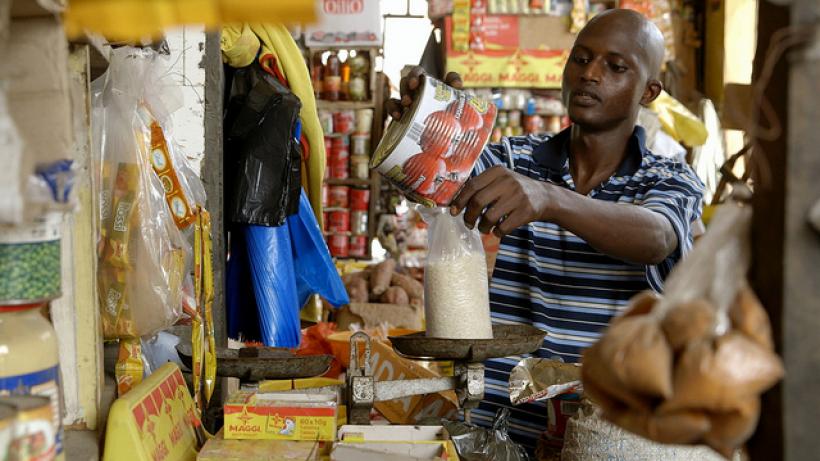
The Political Economy of Change: the Case of Senegal
-
Senegal: Peer-learning to support reforms to become an emerging market economy
PDF document • 215.96 KB
The International Growth Centre, the LSE Institute of Global Affairs and the LSE Africa Centre hosted a public lecture featuring Mr. Ali Mansoor (IMF mission chief for Senegal and former Secretary of State of the Ministry of Finance of Mauritius), Daouda Sembene (Advisor to the Minister of Finance of Senegal) and Salifou Issoufou (IMF economist).
The past decade has finally seen the African continent growing and starting to catch up with the rest of the emerging market world. Policy reform has been the key factor behind this breakthrough, supported by favourable external conditions with high commodity prices and capital inflows. The list of necessary reforms had been known for decades, so what has created a more conducive political economy environment for kick-starting long overdue reforms? A forthcoming book by staff of the International Monetary Fund (IMF) analyses this question using the case of Senegal, and particularly at the role of peer-learning and broadening support for reforms through outreach.
Senegal’s progress had been lagging behind many peers until recently when the government introduced a new national development plan, the “Plan Sénégal Emergent” (PSE) - a home-grown blueprint of reforms with the vision to exit the country from its persistent trap of low growth and high poverty.
Ali Mansoor, IMF mission chief for Senegal and former Financial Secretary in Mauritius, Daouda Sembene, Advisor to the Minister of Finance of Senegal and Salifou Issoufou, IMF economist discussed the political economy process behind the implementation of the PSE. This has included a “Peer-to-Peer” (P2P) learning process - a relatively novel concept in West Africa. Through this officials from Cabo Verde, Mauritius, Morocco and Seychelles have exchanged ideas with Senegalese colleagues focus on how to implement home-grown reforms. This has helped these officials learn about successful strategies and approaches from other country experiences, for example on how to build winning political coalitions.
The Senegalese experience can offer lessons on the political economy of change for other emerging market economies in Africa and beyond. The presentation was followed by a panel discussion of LSE experts on the theory and practice of change including in the African context, chaired by Piroska Nagy-Mohacsi, LSE IGA.

